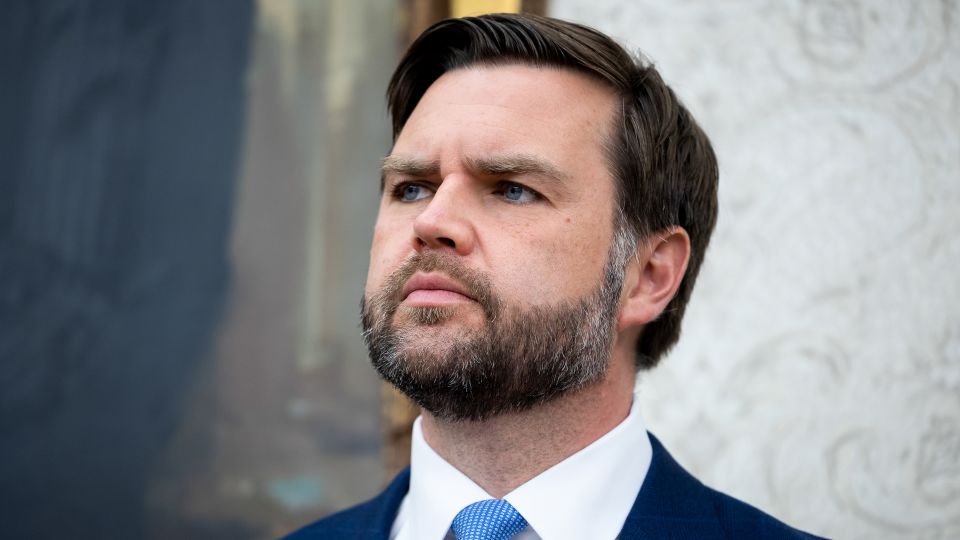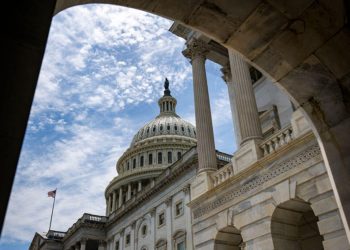A core group of top US officials — including Vice President JD Vance, Secretary of State and interim national security adviser Marco Rubio, and White House chief of staff Susie Wiles — had been closely monitoring the escalating conflict between India and Pakistan when on Friday morning, the US received alarming intelligence, Trump administration officials told CNN. While they declined to describe the nature of the information, citing its sensitivity, they said it was critical in persuading the three officials that the US should increase its involvement.
Vance himself would call Indian Prime Minister Narendra Modi.
The vice president briefed President Donald Trump on the plan, then spoke with Modi at noon ET on Friday, making clear to the Indian prime minister that the White House believed there was a high probability for dramatic escalation as the conflict went into the weekend, the administration officials said. Vance encouraged Modi to have his country communicate with Pakistan directly and to consider options for de-escalation, the officials said. The behind-the-scenes details of the US involvement have not previously been reported.
At that point, the officials said, the US believed the nuclear-armed neighbors were not talking, and it needed to get them back to the bargaining table. Vance also outlined to Modi a potential off-ramp that the US understood the Pakistanis would be amenable to, the officials said, though they did not offer details.
Following the call, State Department officials, including Rubio, began working the phones with their counterparts in India and Pakistan through the night, the sources said.
Rubio had been calling people in the region beginning Tuesday with a general idea of how to reach a ceasefire, but the administration left the finer details of the agreement for India and Pakistan to work out directly.
“There was a lot of effort going on to try and tamp down escalation earlier in the week, and it was clear at that point that the two sides weren’t talking,” one of the officials familiar with Rubio’s calls to his counterparts said.
“The goal earlier this week was to encourage India and Pakistan to talk with our counterparts and figure out a path to de-escalation through a ceasefire, and through the course of those conversations, US officials were able to gain insights into what those potential off-ramps look like for both sides, and be able to help relay that message and bridge some of that communications divide, which then allowed the two sides to actually talk and get to the point where we are now,” the source said.
The Trump administration was not involved in helping draft the agreement, the administration officials said and viewed its role mostly as getting the two sides to talk. But from the US perspective, Vance’s call to Modi was a critical moment. Vance traveled to India and met with the prime minister last month, and Trump officials believed his relationship with Modi would help on the call, officials said.
Vance’s call with Modi came just a day after the vice president said the conflict was “none of our business,” downplaying the potential for US influence.
“What we can do is try to encourage these folks to de-escalate a little bit, but we’re not going to get involved in the middle of war that’s fundamentally none of our business and has nothing to do with America’s ability to control it,” Vance told Fox News on Thursday.
“You know, America can’t tell the Indians to lay down their arms. We can’t tell the Pakistanis to lay down their arms. And so, we’re going to continue to pursue this thing through diplomatic channels,” Vance said.
The ceasefire was reached following a day of intense fighting Saturday. The Trump administration officials said precise details of how the ceasefire will be monitored are still being determined. Blasts were heard in India-administered Kashmir and over Pakistan-administered Kashmir hours after the ceasefire announcement.
Trump announced the “full and immediate ceasefire” on social media Saturday morning, and Rubio minutes later posted, “I am pleased to announce the Governments of India and Pakistan have agreed to an immediate ceasefire and to start talks on a broad set of issues at a neutral site.”
State Department spokesperson Tammy Bruce said the ceasefire was a result of several conversations between Rubio and Vance over the past 48 hours between top officials in each country. “It was a beautiful partnership,” Bruce said Saturday on NewsNation, praising Vance and Rubio for “implementing the insight and vision of President Trump.”
While Pakistan praised US involvement in the talks, India has downplayed it.
“We thank President Trump for his leadership and proactive role for peace in the region,” Pakistani Prime Minister Shehbaz Sharif wrote on X about three hours after Trump announced the ceasefire.
India’s foreign secretary, Vikram Misri, did not mention US involvement when announcing the agreement, and an Indian statement said the deal was worked out “directly” between the two countries.
It should not be surprising that these bitter rivals have given contradictory accounts of how the ceasefire was reached. In their long history of tensions, India and Pakistan have both viewed foreign intervention differently. India, which views itself as an ascendant superpower, has long been resistant to international mediation, whereas Pakistan, which is heavily dependent on foreign aid, tends to welcome it, analysts say.
CNN’s Kit Maher, Sophia Saifi and Christian Edwards contributed to this report.
For more CNN news and newsletters create an account at CNN.com
The post Vance called Indian prime minister to encourage ceasefire talks after receiving alarming intelligence, sources say appeared first on CNN.



